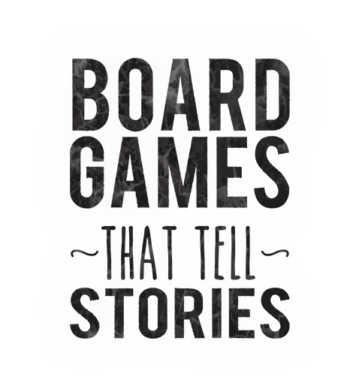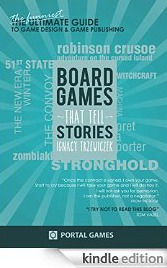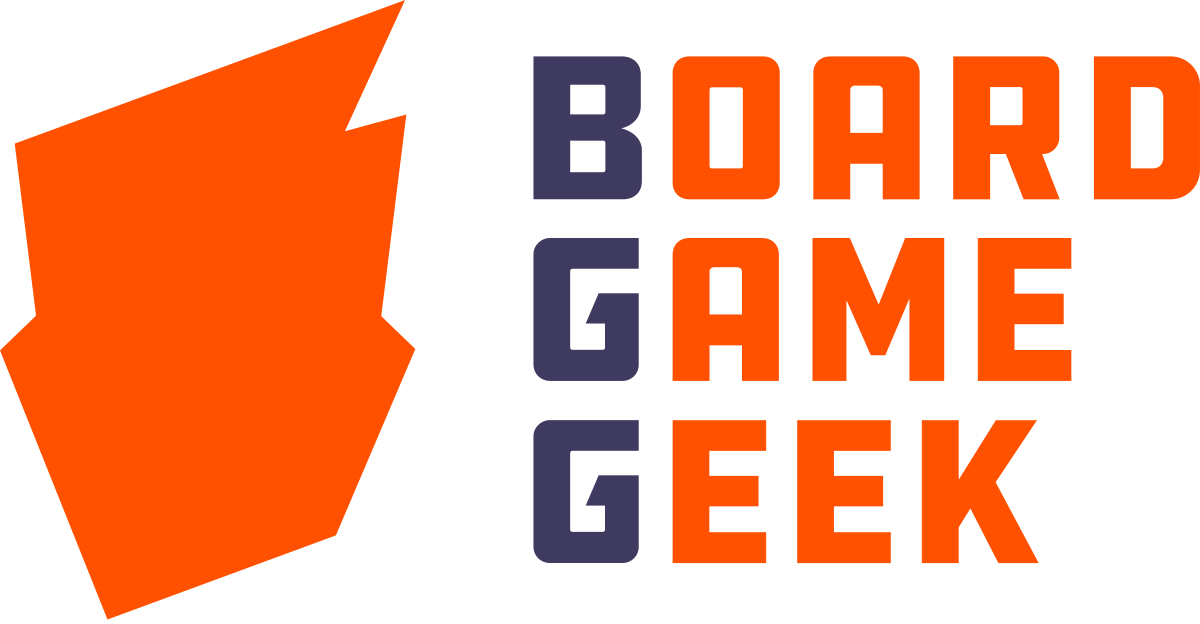Can you steal your own idea?
[guest post by Michał Oracz]
Did you guys ever stole something from yourself? I did.
And so last year I insolently stole my own idea.
What can I say in my defense?
First of all it was an accident. I didn’t realize…
Yeah, so I sound like a typical thief.
Secondly, in game designing business stealing ideas is no big deal or so I heard. It’s not like MP3s or something, anybody can take whatever they want. So I didn’t press charges and you are probably wondering what’s all the fuss about?
Third of all, it’s not all black and white since I changed a few things and…
Wait a moment, wait a moment, do you remember that ‘golden’ rule about being truthful? If you have too many excuses it means that you don’t have any real ones.
OK, so maybe we should establish what is it that I actually stole?
Your Honor, it was like this: for many months, each day and throughout half of the night I designed, tested, polished, perfected and played my newest game. Sir, you might have heard of it, its the one taking place in a space station with space commandos, two alien races and a bunch of weird scientists.
At some point my work overlapped with another one, a certain project that really stretched in time. Finally got a green light and had to be finished.
The space themed game is Theseus, and the second project is Mephisto– a new add-on to Neuroshima Hex. I worked on Mephisto together with its author Michał Herda. And so somehow these two projects got mixed up a little and some of the solutions we used in Mephisto found their way into Theseus.
The first being the Quill, a super efficient attack as for Neuroshima. It hit’s anything that’s on the game board, no neighboring or line of sight required. You target a victim and it will surely be hit. The Quill emerges form under the ground and bang! It’s a hit. Mephisto really needed this. It serves as an inner balance tool so that the army won’t be too strong when it is next to enemy’s headquarters nor will it be helpless when it can’t get in range with it. Being a one soldier army forces nonstandard solutions.
Right, so where did this Quill come form? There was this card in Theseus, in the Aliens deck, which allowed attacking even when no Alien’s units were nearby. How does it work? Simple, the walls of a space station are filled with technical nooks, lockers built into the walls and such. Inside them, between cables and other devices all of a sudden an additional Alien jumps out and attacks. This card is called Hidden.
And so the Hidden found its way into Mephisto as Quill. Your honor, I swear this was an accident, I didn’t mean to!
The second shared mechanics solution are the Upgrade tokens.
Theseus is mostly based on upgrading your own cards the ones you were able to introduce into the game during your course of play – this is accomplished by putting upgrade tokens on cards. It can change a seemingly useless card into a raging behemoth capable of instantly winning the whole game. Of course Theseus rookies in their first few games don’t pay much attention to this mechanics, they are more focused on chaotic running about and inflicting some minor damage to their opponents. But when they grow bored with all the silly running tactics they start to look for the second or even the third layer of the game. Ignoring minor damage in favor of higher aspirations they discover the real power of Upgrades. Only then with one precise combo they can knock out any fan of running about. It’s one of many inconspicuous secrets of Theseus.
Coming back to Mephisto. One fighting token for the entire army is a huge threat for the balance of the whole game. If it’s too fast no one will stand a chance. Should it be too slow it won’t stand a chance itself. If it’s too strong it will always win in a hit for hit situation. If it’s too weak it will loose. If it will be too mobile it can escape from any trap set by the opponent. If it will be too stationary it won’t get a chance to get closer to enemy’s headquarters which will remove itself to the far end of the game board from where it will attack with immense fire power.
So what should this token be like, so that everything will work?
Well it should be variable. It’s the player who should decide whether he currently lacks fire power, mobility or speed. When you combine it with the ‘short blanket’ syndrome it provides demanding yet satisfying choices to be made during the game. With the seemingly useless Incubator tokens the player creates something that can equalize his chances and make up for his current shortages. This way Upgrade tokens from Theseus sneaked into Mephisto, of course they were previously modified to fit in with Neuroshima’s mechanics. And so Mephisto became Theseus’ cousin.
Is that all?
Nope. Many more cheeky thefts took place here, both sides. Above I’ve mentioned only two examples.
But… maybe you know about which Theseus’ cards and Mephisto’s (and generally Hex’s) tokens I’m speaking about?


 I strongly believe that good board game is the one that tells a good story. You play it and suddenly you are sucked into it, you feel chills on the skin. Emotions grow. In a moment you defend castle. You hear roar of warriors. You smell boiling oil. You are into it.
That's how I design my games. I always want to tell a good story. I want players to be into it. As deep as possible.
I strongly believe that good board game is the one that tells a good story. You play it and suddenly you are sucked into it, you feel chills on the skin. Emotions grow. In a moment you defend castle. You hear roar of warriors. You smell boiling oil. You are into it.
That's how I design my games. I always want to tell a good story. I want players to be into it. As deep as possible.




Leave a Comment